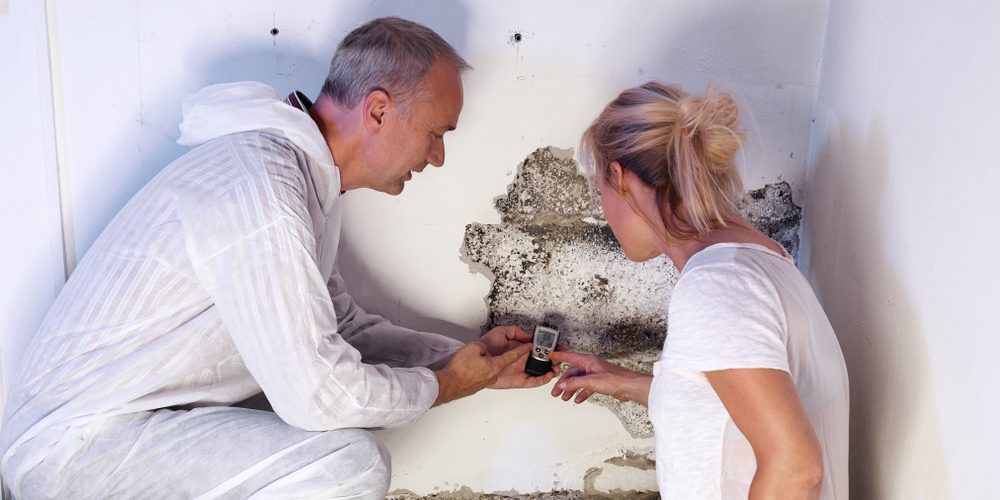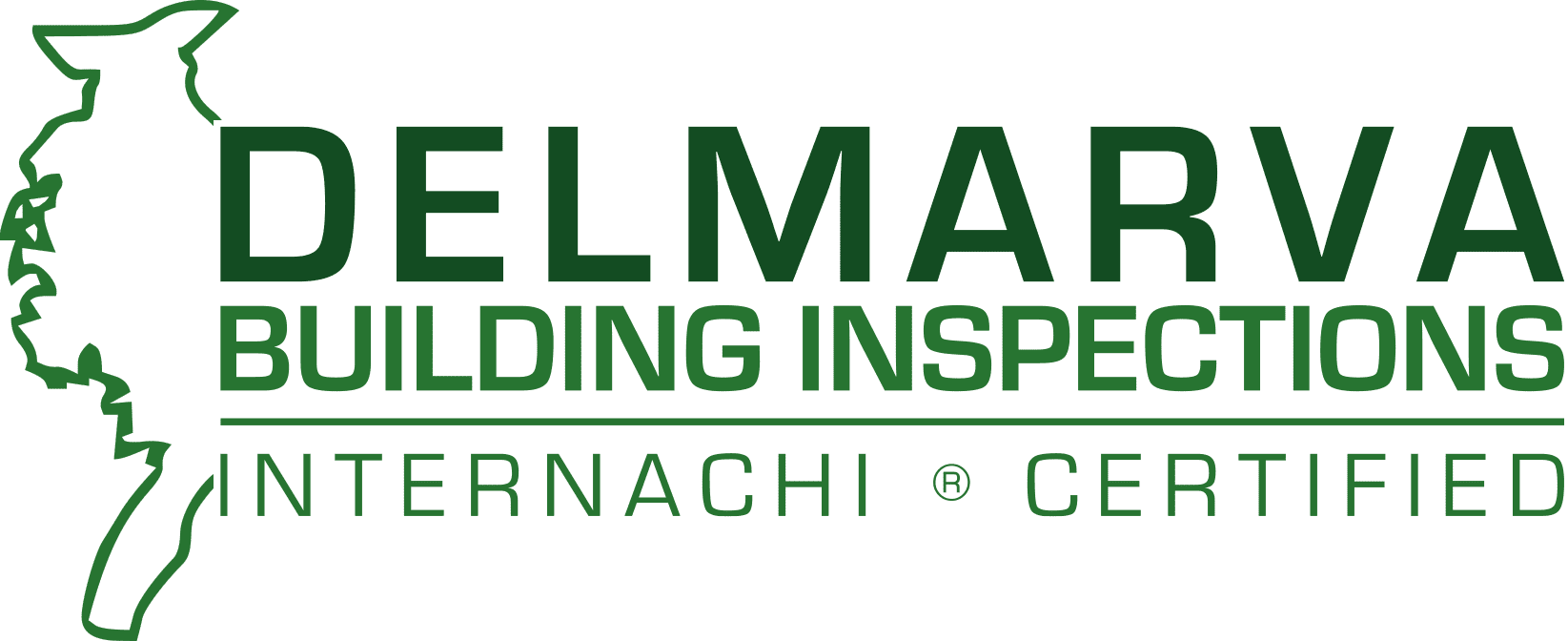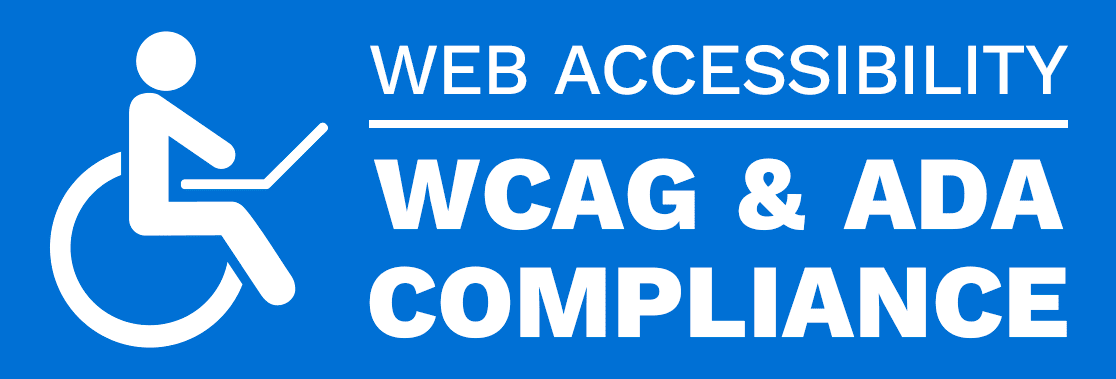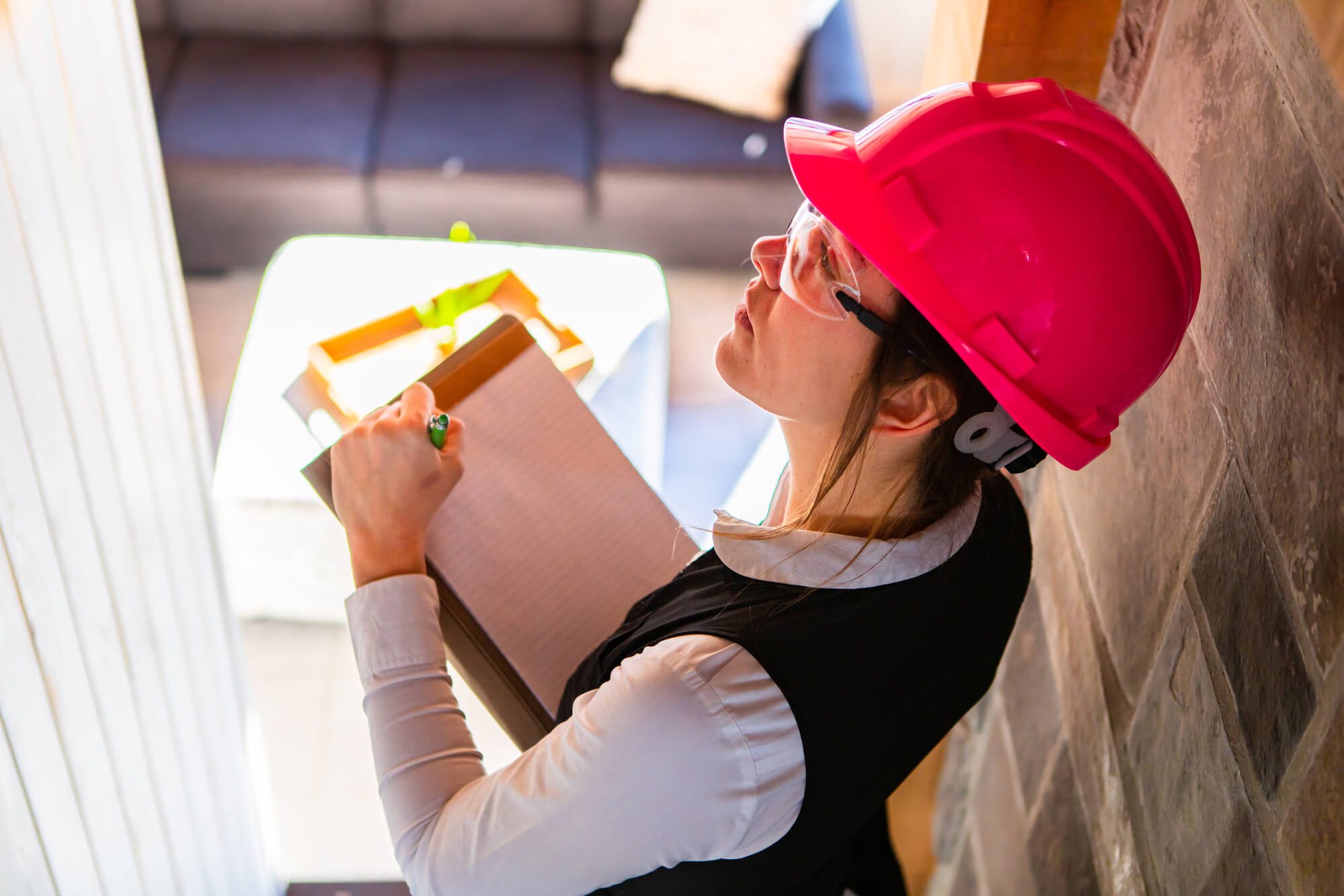What’s Expected From A Comprehensive Home Inspection
During a comprehensive home inspection, a home inspector is responsible for thoroughly evaluating the property. Their duties include assessing the condition of the home’s exterior, interior, and structural elements. This involves inspecting components such as the roof, siding, windows, foundation, walls, ceilings, floors, and stairs to identify any visible issues or potential concerns that may affect the property’s safety, functionality, or value.
Your Home Inspector Provides A Detailed Report Highlighting Their Findings
In addition to the structure itself, a home inspector evaluates various systems within the property. They inspect the electrical system, including the main panel, wiring, outlets, switches, and lighting fixtures, to ensure they are safe and up to code. They assess the plumbing system, checking for leaks, water pressure, and functional fixtures, and also examine the heating, ventilation, and air conditioning (HVAC) systems for proper operation and efficiency. Safety features such as smoke detectors, handrails, and fire extinguishers are evaluated to ensure compliance and overall occupant safety. After the inspection, the home inspector provides a detailed report highlighting their findings, including any identified issues, recommended repairs, and maintenance suggestions.
Through their diligent work and comprehensive evaluations, home inspectors play a crucial role in helping buyers and sellers make informed decisions about the property. Their duties encompass a holistic examination of the property’s condition, ensuring that clients comprehensively understand the home’s strengths and potential areas for improvement.

They Will Provide A Non-Invasive Evaluation
A home inspector performs a non-invasive evaluation. This means they will not perform any destructive testing or open up walls or floors. Instead, they rely on visual observations and specialized tools to assess the property’s condition. However, they may recommend further evaluation by specialists, such as electricians or plumbers, if they identify concerns requiring more in-depth analysis.
What Can A Homeowner Or Buyer Expect From A Detailed Inspection Report In Two Paragraphs
A detailed inspection report gives homeowners or buyers a comprehensive overview of the property’s condition and any identified issues. It typically includes a thorough description of the inspector’s findings, supported by photographs and diagrams when applicable. The report will cover various aspects of the property, including the structure, systems, components, and potential safety concerns.
In the report, homeowners or buyers can expect a detailed breakdown of any deficiencies or areas that require attention. It may include information about roof damage, plumbing leaks, electrical hazards, HVAC issues, or any other problems identified during the inspection. The report may also include recommendations for repairs, maintenance, or further evaluations by specialized professionals, if necessary. Overall, the detailed inspection report serves as a valuable reference document, providing homeowners or buyers with the information they need to make informed decisions, negotiate repairs or pricing, and plan for future maintenance or improvements.
If you buy a home, have your sewer line inspected.
How Can A Home Inspector Use The Report As A Educational Opportunity For Buyers And Homeowners?
In the inspection report, a home inspector can provide detailed explanations of the various components, systems, and potential issues identified during the inspection. By using clear and concise language, the inspector can help buyers and homeowners understand the significance of certain findings and their implications for the property. This educational approach ensures that clients better understand the property’s condition, enabling them to make informed decisions.
Protect your family order a radon inspection today!
They Can Make Maintenance and Care Recommendations
The inspection report can also include recommendations for maintenance and care of the property. A home inspector can provide guidance on how to properly maintain different aspects of the home, such as the roof, plumbing system, electrical system, and more. This information can help homeowners and buyers understand the proactive steps they can take to prevent issues in the future and keep the property in good condition.
The Home Inspection Report Can Affect Negotiation and Decision-Making
The findings of a home inspection can influence negotiations between buyers and sellers. If the inspection report reveals significant issues or safety concerns, buyers may request repairs, credits, or a price reduction. Alternatively, sellers can choose to address the identified issues or adjust the asking price accordingly. The inspection report serves as a valuable tool for both parties to make informed decisions during the transaction process.
In conclusion, a home inspector plays a vital role in assessing the condition of a property and providing valuable insights to buyers and sellers. By conducting a comprehensive inspection, generating a detailed report, and offering guidance, a home inspector helps facilitate transparency, informed decision-making, and smoother real estate transactions. Whether you are buying or selling a home, understanding the role of a home inspector is essential in ensuring a successful and satisfactory experience.


















